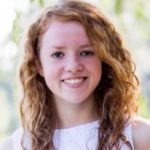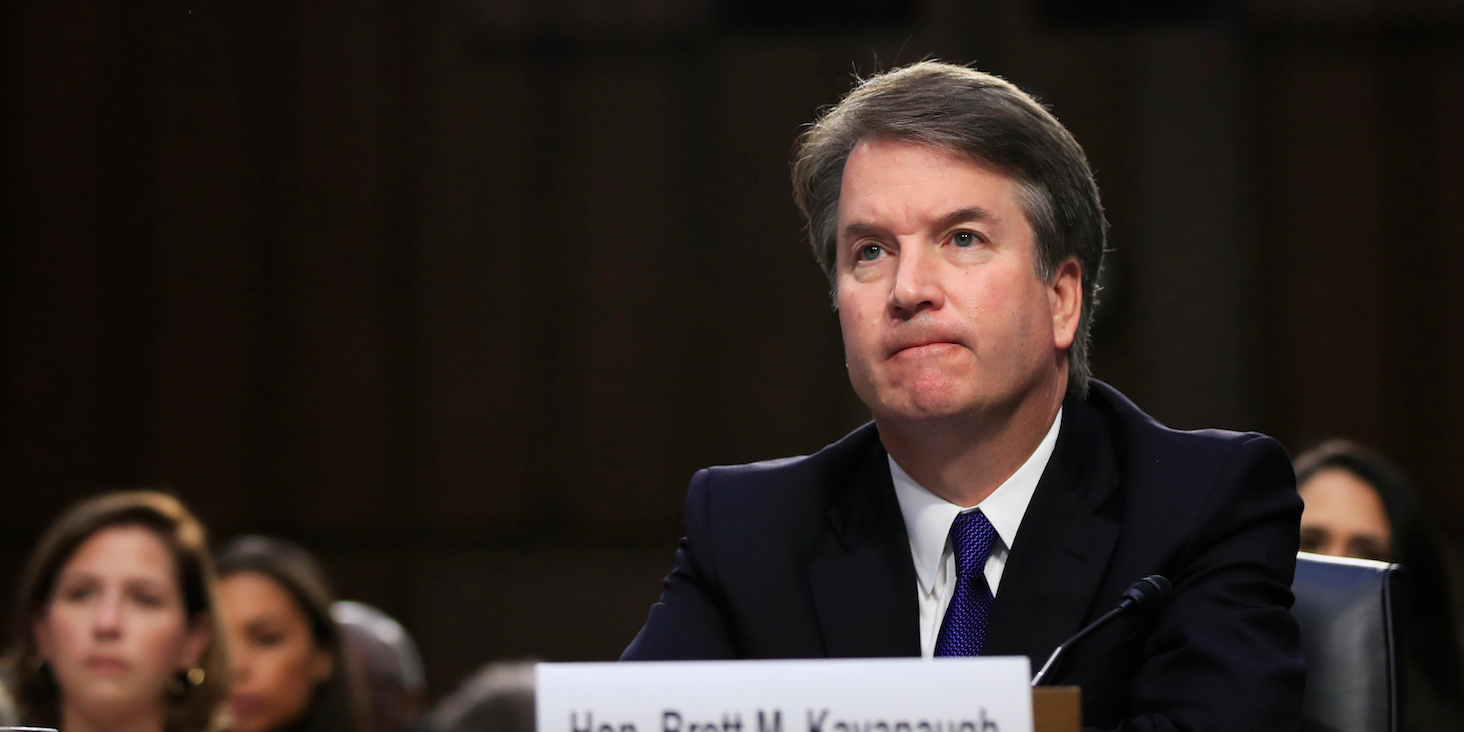- The anonymous woman who accused Supreme Court nominee Brett Kavanaugh of sexual assault has spoken out for the first time since her previously secret letter was revealed.
- Research psychologist Christine Blasey Ford told the Washington Post she decided to come forward after hearing misrepresentations of her account and being approached by the press.
- Ford said she wanted to maintain her privacy, but now felt that her “civic responsibility is outweighing my anguish and terror about retaliation.”
The anonymous woman who accused Supreme Court nominee Brett Kavanugh of sexual assault has spoken out for the first time since the details of her allegation were reported.
Christine Blasey Ford, a 51-year-old research psychologist and professor, spoke to the Washington Post to identify herself as the previously anonymous subject in a letter that detailed an incident in the early 1980s in suburban Maryland.
The New Yorker reported details about the letter, but did not identify Ford, who recounted the allegation to the Post that a “stumbling drunk” Kavanaugh pinned her down and forced himself on her while his friend watched and stifled her screams.
“I thought he might inadvertently kill me,” Ford said of the alleged attack. “He was trying to attack me and remove my clothing.”
The accusation first became publicly known after Sen. Dianne Feinstein sent the letter to the FBI on Thursday without identifying its contents to fellow lawmakers on the Judiciary Committee.
The California Democrat, and ranking member of the committee, said in a statement she was compelled to honor the request for anonymity, and found the allegations serious enough to be referred to federal authorities.
Kavanaugh denied the allegations in a statement from the White House: "I categorically and unequivocally deny this allegation. I did not do this back in high school or at any time."
Feinstein said in a Sunday afternoon statement: "I support Mrs. Ford's decision to share her story, and now that she has, it is in the hands of the FBI to conduct an investigation. This should happen before the Senate moves forward on this nominee."
The Post corroborated Ford's account with an interview with her husband, a lie detector test from her lawyer, and notes from therapy sessions that include mention of a "rape attempt" by students from an "elitist boys school" who would become "highly respected and high-ranking members of society in Washington."
Though not confirmed, Ford told the Post she thought it might have happened when she was 15 in the summer of 1982, after her sophomore year at Bethesda's all-girls Holton-Arms School in Bethesda.
Kavanaugh would have been 17 at the time, attending Georgetown Preparatory School in Bethesda. Ford said the friend in the room was Mark Judge, a conservative writer who The New York Times previously identified. The Post wasn't able to reach Judge, and he told The Times, "I never saw anything like what was described."
Ford told the Post she decided to come forward after she feared for her privacy and story's accuracy after reporters visited her at home and at work, and another reporter called her colleagues.
"These are all the ills that I was trying to avoid," she said. "Now I feel like my civic responsibility is outweighing my anguish and terror about retaliation."
Kavanaugh is in the midst of a high-profile, marathon confirmation process.
During his confirmation hearings, scores of protesters echoed Democratic lawmakers' concerns with Kavanaugh's record on a number of key issues, including abortion and gun control.
But the 51 votes Kavanaugh needs to be confirmed have so far seemed secured.


